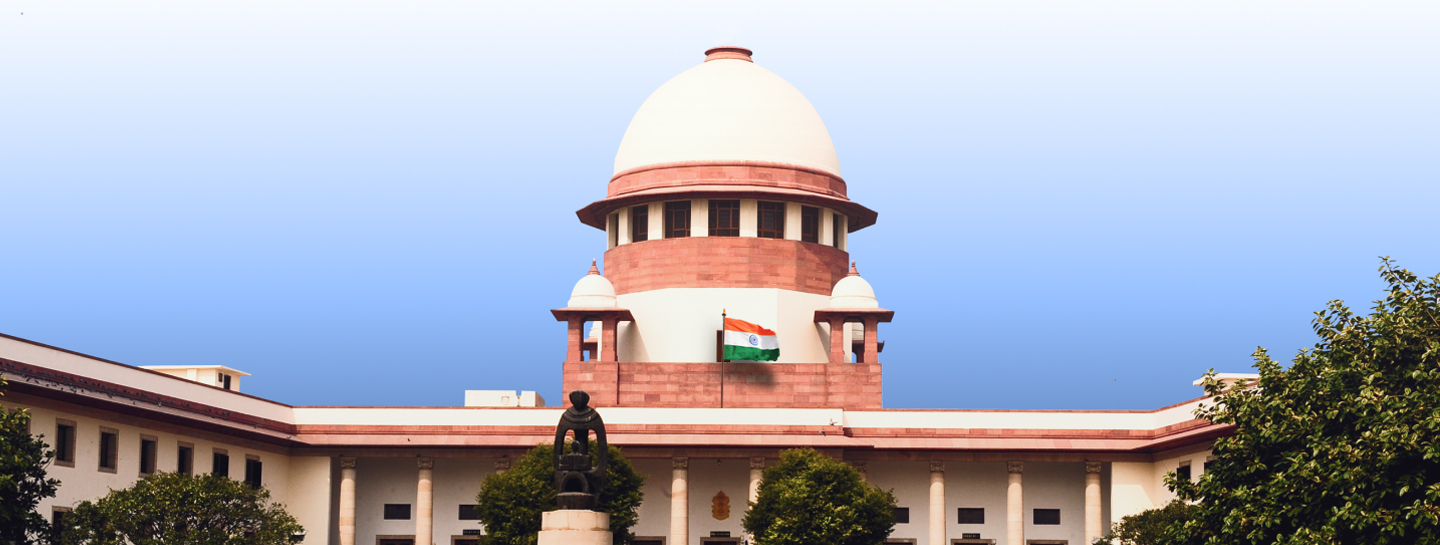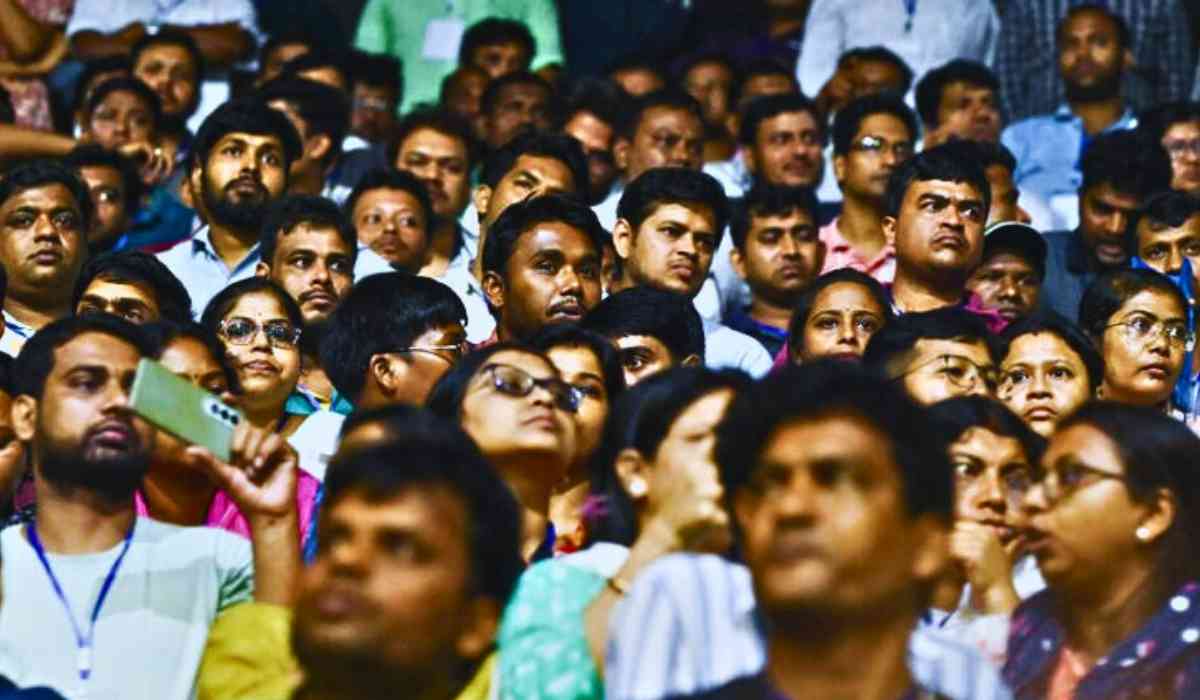In a significant development, the Supreme Court of India has set aside a Calcutta High Court order that directed a Central Bureau of Investigation (CBI) probe into the creation of supernumerary posts by the West Bengal government. This decision comes as a relief to the Mamata Banerjee-led government, which had faced criticism for its handling of teacher appointments in the state. However, the apex court has made it clear that investigations into other aspects of the alleged appointment scam will continue.

The Bengal School Appointment Scam
The controversy began with the West Bengal School Service Commission's (WBSSC) recruitment drive in 2016. The Calcutta High Court later invalidated these appointments, citing widespread irregularities and manipulation in the selection process. This led to the dismissal of over 25,000 teachers and non-teaching staff, who were appointed through this tainted process.
In response to the High Court's ruling, the West Bengal government created supernumerary posts to accommodate these affected employees. Supernumerary posts are temporary positions designed to manage employees who are entitled to regular posts that are currently unavailable. However, the opposition and some legal experts questioned the legality of creating these posts, alleging it was an attempt to circumvent the court's decision.
The Calcutta High Court's Order
The Calcutta High Court had ordered a CBI probe into the creation of these supernumerary posts, suggesting that there might be irregularities in how these positions were established. This move was seen as a significant step towards ensuring transparency and accountability in government decisions.


Supreme Court's Decision
On Tuesday, the Supreme Court, led by Chief Justice Sanjiv Khanna, set aside the High Court's order for a CBI probe into the supernumerary posts. The court reasoned that the High Court was not justified in referring the issue to the CBI, as it involved a cabinet decision. According to constitutional provisions, cabinet decisions cannot be questioned in a court of law, as they are protected under Articles 74 and 163(3) of the Constitution.
However, the Supreme Court clarified that its decision does not impact ongoing CBI investigations into other aspects of the appointment scam. This means that while the creation of supernumerary posts will not be probed by the CBI, the broader inquiry into the irregularities in teacher appointments will continue.
Implications and Reactions
The Supreme Court's decision has significant implications for both the West Bengal government and the affected teachers. For the government, it provides relief from potential legal scrutiny over its decision to create supernumerary posts. However, it also underscores the need for transparency and accountability in government actions.
Chief Minister Mamata Banerjee has been vocal in her support for the affected teachers, calling the situation a "conspiracy" against West Bengal's education system. She has pledged to continue fighting for the rights of these teachers, even if it means facing legal consequences.
On the other hand, the opposition, particularly the BJP, has demanded action against the state government for its role in the appointment scam. They argue that creating supernumerary posts was an attempt to shield those involved in the irregularities.

Balancing Accountability with Governance
The Supreme Court's decision highlights the delicate balance between ensuring accountability in government actions and respecting the constitutional framework that governs cabinet decisions. While it is crucial to investigate and address any irregularities in public appointments, it is equally important to recognize the limits of judicial intervention in executive decisions.
In this context, the continuation of the CBI probe into other aspects of the appointment scam ensures that those responsible for any wrongdoing are held accountable. At the same time, the setting aside of the probe into supernumerary posts acknowledges the constitutional protections afforded to cabinet decisions.
Conclusion
The Supreme Court's ruling on the Bengal supernumerary posts issue reflects the complexities of governance and legal oversight in India. As the country navigates these challenges, it is essential to maintain a balance between ensuring transparency and respecting the constitutional framework that guides government actions. The ongoing investigations into the appointment scam will continue to unfold, providing further clarity on the path forward for West Bengal's education sector and its stakeholders.
In the meantime, the affected teachers and the broader public will be watching closely, hoping for a resolution that addresses both the legal and ethical dimensions of this controversy. The Supreme Court's decision serves as a reminder that the rule of law must be upheld while also respecting the democratic processes that underpin governance in India.
With inputs from agencies
Image Source: Multiple agencies
© Copyright 2025. All Rights Reserved Powered by Vygr Media.























